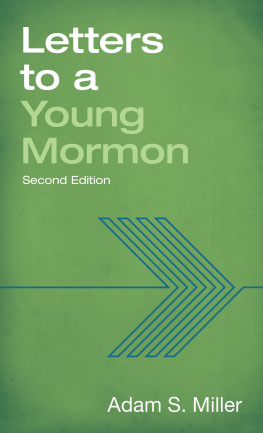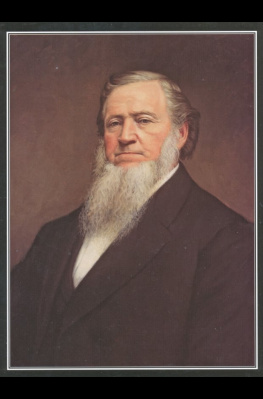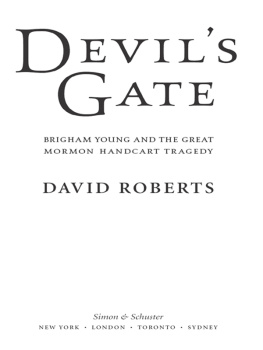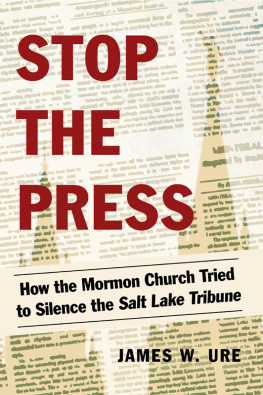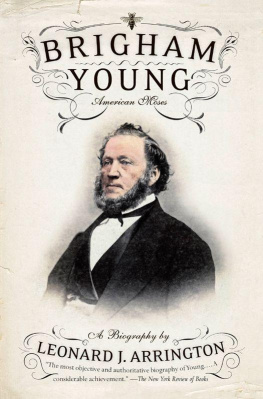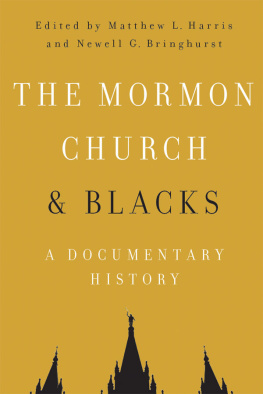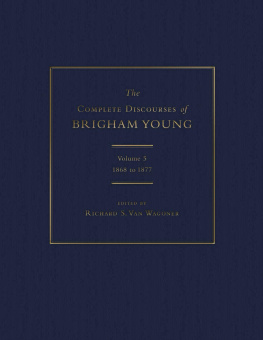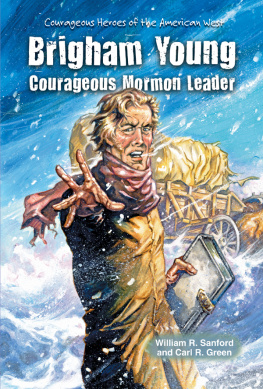


Copyright 2013 by Ed Breslin
All rights reserved. No part of this publication may be reproduced or transmitted in any form or by any means electronic or mechanical, including photocopy, recording, or any information storage and retrieval system now known or to be invented, without permission in writing from the publisher, except by a reviewer who wishes to quote brief passages in connection with a review written for inclusion in a magazine, newspaper, website, or broadcast.
First ebook edition 2013
eISBN 978-1-62157-058-5
The Library of Congress has cataloged the hardcover edition as follows:
Published in the United States by
Regnery History
An imprint of Regnery Publishing, Inc.
One Massachusetts Avenue NW
Washington, DC 20001
www.RegneryHistory.com
10 9 8 7 6 5 4 3 2 1
Books are available in quantity for promotional or premium use.
Write to Director of Special Sales, Regnery Publishing, Inc.,
One Massachusetts Avenue NW, Washington, DC 20001,
for information on discounts and terms, or call (202) 216-0600.
Distributed to the trade by
Perseus Distribution
250 West 57th Street
New York, NY 10107
THIS BOOK IS FOR
Eddie and June
Geoff and Janet
Gene and Cathy

Contents
Preserve a steady, calm, and deliberate demeanor and show that you are master of yourself.
BRIGHAM YOUNG, letter to his son John W. Young, July 31, 1873

I want my sons to realize and would be glad if all the world could understand that no matter whether a man is a lawyer, a doctor, a mechanic, or indeed, be he engaged in any occupation whatever, that thorough honesty and integrity will always lead to success, influence, and respect.
BRIGHAM YOUNG, letter to his son Alfales Young, September 21, 1875

I pray that the Spirit of Truth may find its way to each heart, that we may all love the truth more than error, and cling to that which is good that we may all be saved in the kingdom of our God. Amen.
BRIGHAM YOUNG, sermon delivered on June 18, 1865

Vengeance is mine and I have taken a little.
BRIGHAM YOUNG, at the site of the makeshift monument in Mountain Meadows, May 1861
B righam Young was a significant figure in the history of America and one of the great pioneers. Young, John C. Frmont, and Sam Houston make up the trinity of titans who built the American West. Yet, like Frmont, Brigham Young eventually overstepped the bounds of his power and tarnished his legacy.
Frmont fell from grace when, as a United States military officer, he attempted to retain the governorship of California despite orders from above to relinquish the position. He stood trial in Washington for his defiance and was convicted of mutiny and disobeying direct orders; years later, the impact of this public disgrace cost Frmont his chance at the presidency.
Brigham Young was guilty of more egregious acts of arrogance. He defied federal and local judiciary powers, dispensed vigilante justice, and practiced polygamy on a large scale. Finally, his seditious act of open rebellion against the president and the federal government forced the U.S. Army to take control of the Utah Territory. So Brigham Young, too, suffered irreparable damage to his image as a bold pioneeras well as to the reputation he had built as a religious leader and a humanitarian. He was excoriated for these transgressions in his lifetime and has been condemned many times since. Yet despite the blemishes on his career, Brigham Young played a vital role in the settlement of the West. And his flaws had roots in the same soil as his achievements: his adopted religion, the Church of Jesus Christ of Latter-day Saints. Mormons were often at odds with those who considered their beliefs a deviation from orthodox Christianity and a threat to societys morals. Whats more, the Latter-day Saints sought to govern their own communities without reference to duly elected or appointed federal, state, and local officials.
To this end the Latter-day Saints formed huge voting blocs and sought to influence or even control local and state politics. The result was resentment from non-Mormons and in many instances persecution of the Latter-day Saints. Hoping to gain enough political power to stop these persecutions, the churchs founder, the prophet Joseph Smith, involved himself in politics to a still greater and more dangerous extent, eventually running for president of the United States. This overreach led to his murder by an outraged crowd in pioneering Carthage, Illinois, on June 27, 1844. To this day, Smiths followers consider him a martyr.
The murder of Joseph Smith was the galvanizing moment in the life of Brigham Young, one of Joseph Smiths closest colleagues and most ardent followers. After deft maneuvering, Young stepped into the leadership vacuum left by Smiths assassination and led the Saints with iron resolve for nearly three decades, during the time they established their churchand settled Utahwith remarkable energy and courage. From Utah, Mormonism, as their faith came to be called, spread throughout the United States and around the world. Today, global membership in the Church of Jesus Christ of Latter-day Saints numbers about fourteen million. Smith drew the plans; he was the architect. Young grew the organization; he was the builder.

Brigham Young was a quintessential American. His family had colonial roots in the harsh soil of New England. His father, John Young, born to Joseph Young and Betsey Hayden Treadway in 1763 in Hopkinton, Massachusetts, was one of six children. Brigham Youngs grandfather Joseph was the son of a hardworking shoemaker named William Young, who had migrated south from New Hampshire to Hopkinton years earlier.
At the time Brighams father John was born in 1763, his own father Joseph was a physician practicing in Hopkinton, a town surrounded by farms and about twenty-five miles outside Boston. Joseph also practiced medicine in nearby Framingham, shuttling back and forth between the two communities. The family was in good shape until Joseph was killed in an accident in 1769, when he was crushed beneath a felled tree.
The usual dreary scenario then ensued. First the familys farm and all their possessions were auctioned off to pay debts. Then town officials found new homes for the orphaned children as indentured laborers. John was bound over to a Colonel John Jones, a prosperous landowner. Life with the colonel was not pleasant; John had to endure frequent whippings from the colonels harsh wife. In 1780, after ten years of this servitude, John joined the Continental Army at age sixteen. By the time the war ended three years later, John had served in three major campaigns under General George Washington. After the war John returned to Colonel Jones and hired out to him on a paying basis, no longer bound over for room and board only and no wages.
Next page




